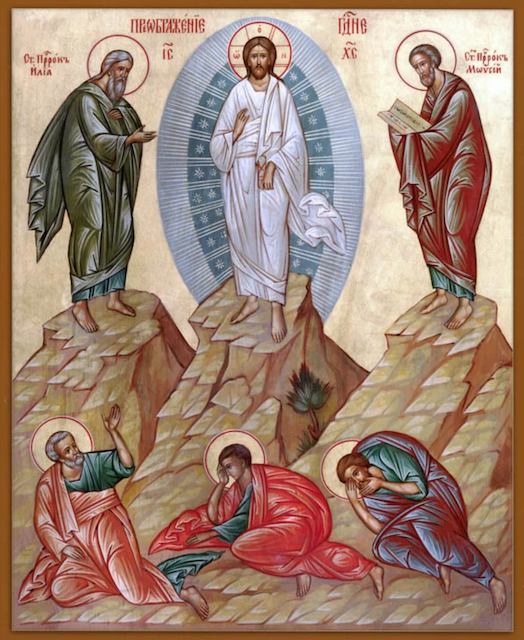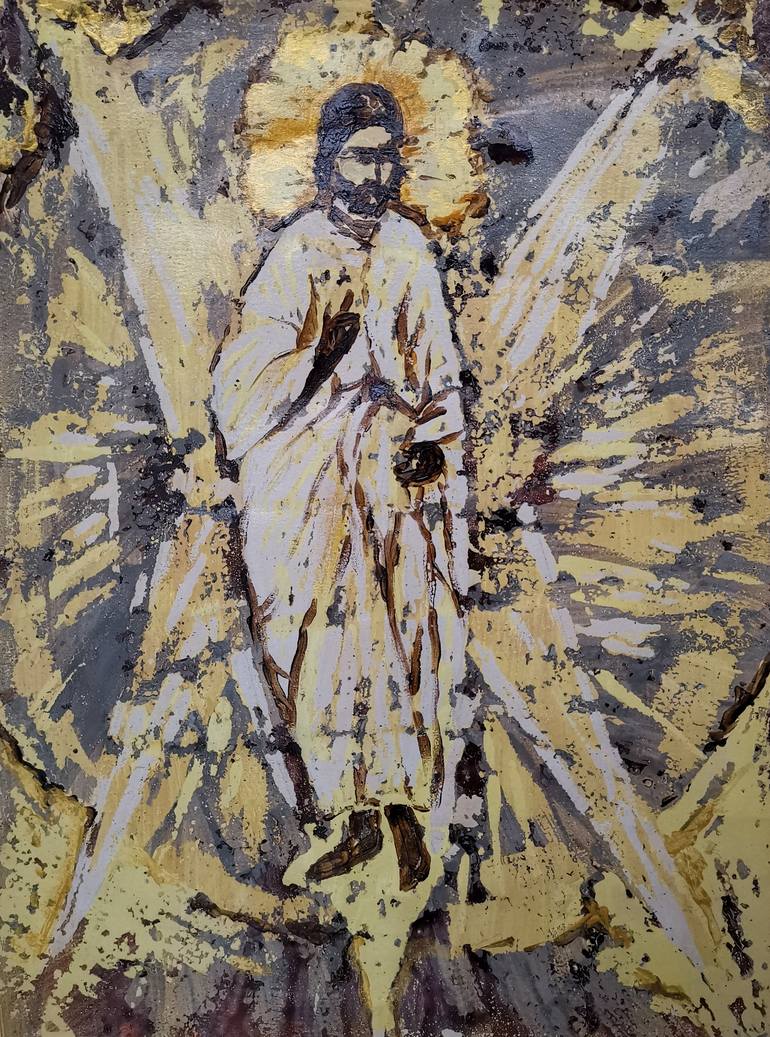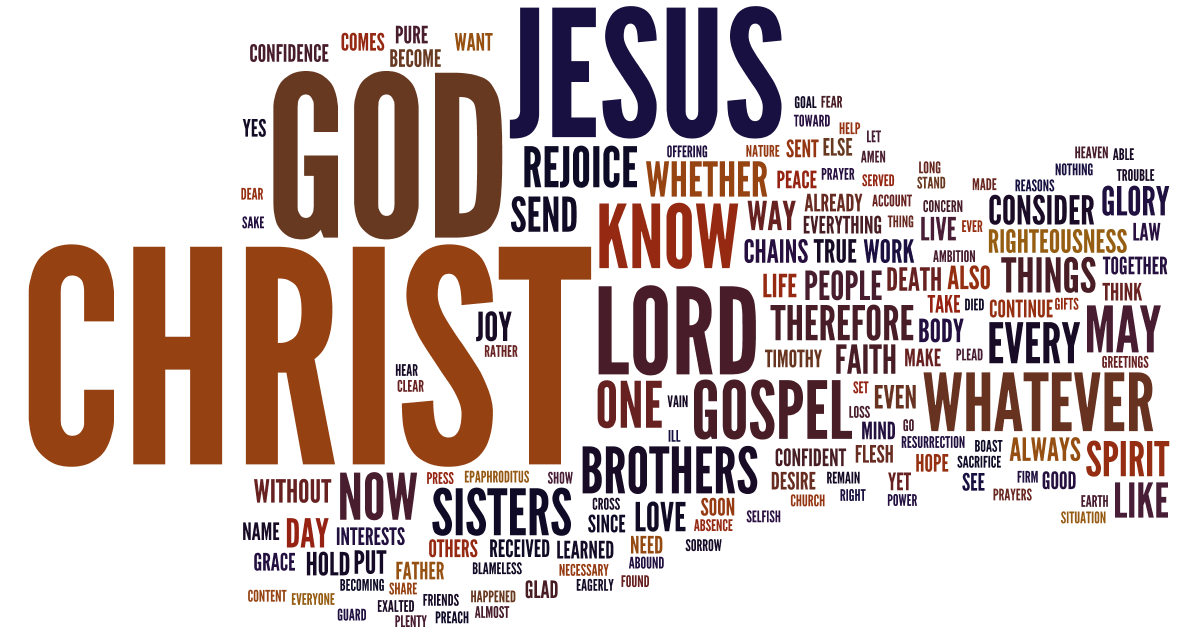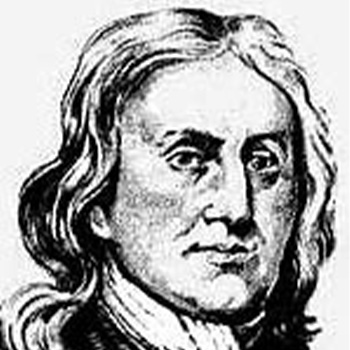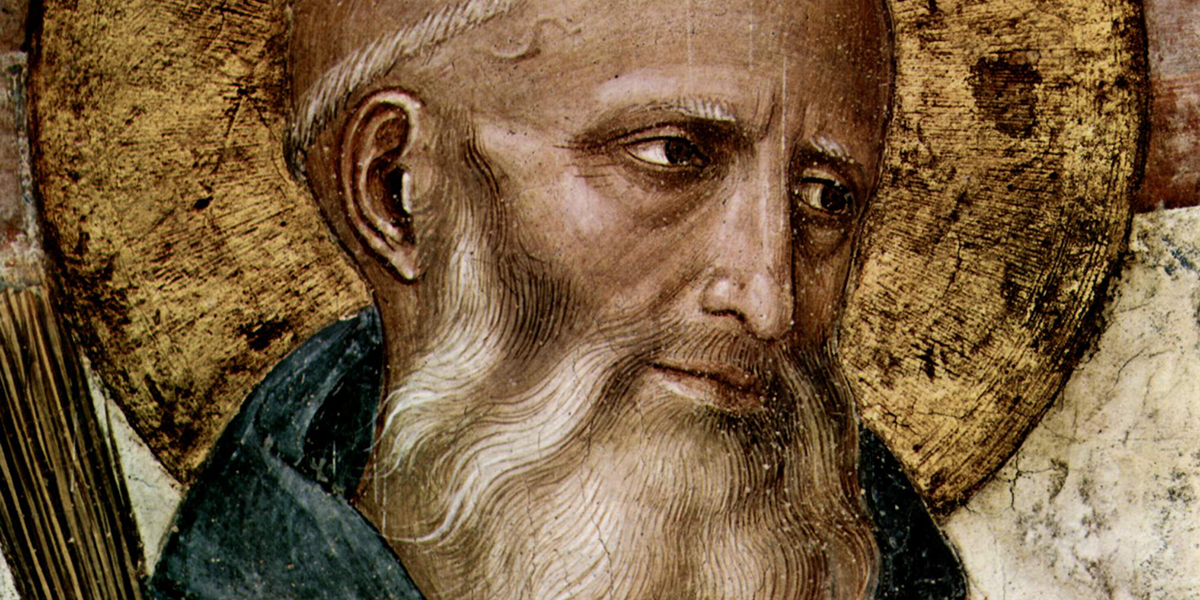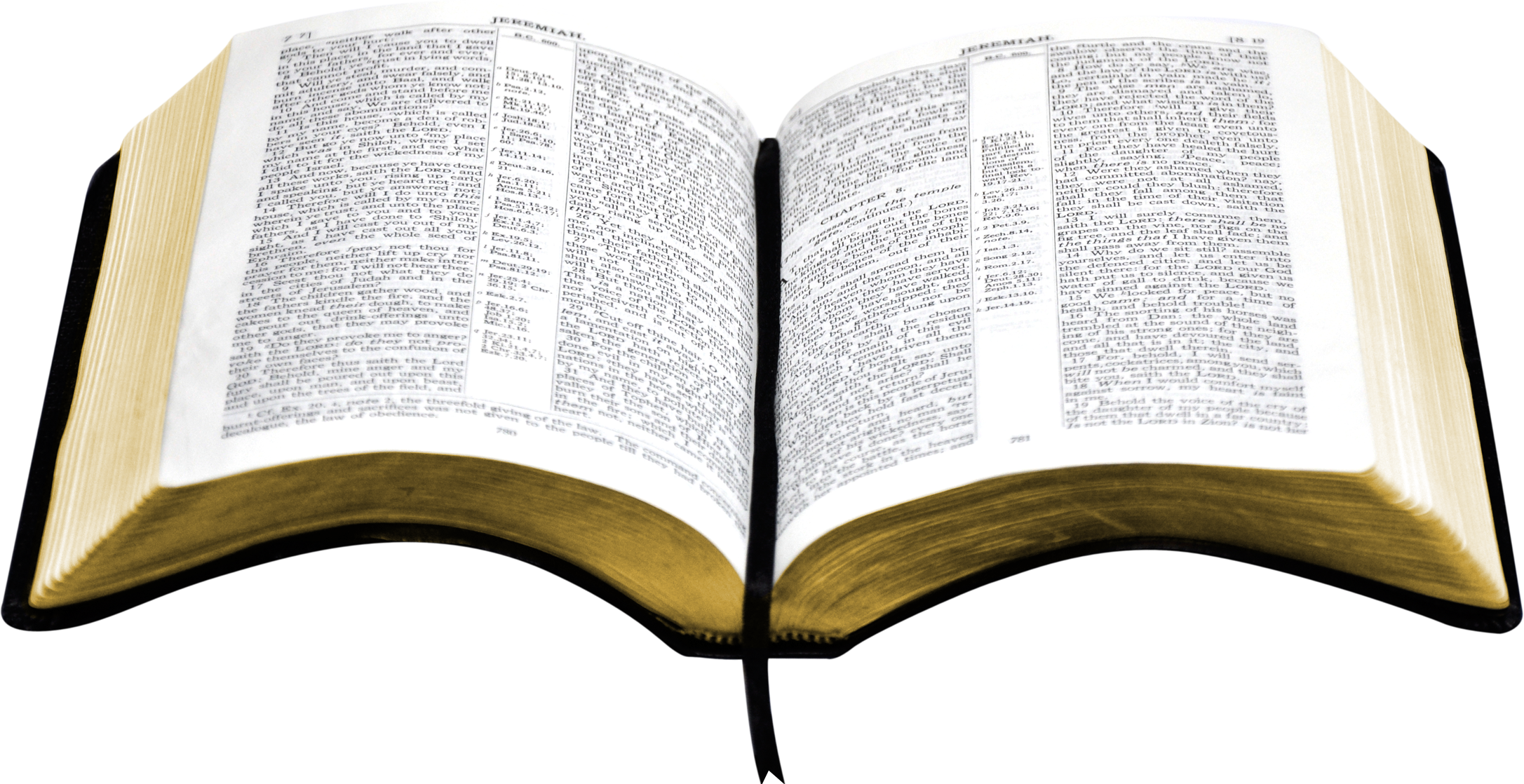William Law (1686–1761) is considered by many to be principal in laying the foundation for the religious revival of the 18th century, the Evangelical Movement in England and the Great Awakening in America. In this, he greatly influenced the Methodists John and Charles Wesley, William Wilberforce (who led the movement to abolish the English slave trade) and the famous essayist Dr Samuel Johnson. Furthermore, though his early writings reflect a Puritan temperament, setting out rules for what may be termed ‘practical divinity’, because of his later works he is often counted among the great English mystics of the post-Reformation period.
Born in the Northamptonshire village of King’s Cliffe, Law, as the son of a grocer, grew up in a relatively affluent family, subsequently attending Emmanuel College in Cambridge in 1705 and graduating in 1708. Three years later, he was elected a Fellow of the college and was ordained in the Anglican priesthood. He remained teaching at Cambridge until the accession to the English throne of George I of Hanover in 1714. When asked to take the oath of allegiance and abjure the Stuart dynasty in 1716, Law
refused and was deprived of his fellowship and, with this, all prospect of future employment in the church. After this he had to earn a living as an occasional curate and then as a spiritual advisor—notably in the house of Edward Gibbon, where he also tutored the latter’s son (who would
become the father of the famous historian of the same name). It was in this period that Law began to write in earnest. On Gibbon’s death in 1737, Law returned to King’s Cliffe, where he shared the house inherited from his father with Gibbon’s daughter, Hester Gibbon, and the widow Elizabeth Hutcheson. It was here that the three of them devoted themselves to a life of worship, study, and charity.
Where charity was concerned, Law certainly practised what he preached, providing the finance to build a girls’ school in King’s Cliffe ‘founded for the education and “full cloathing” of fourteen poor girls’—an act which Mrs Hutcheson was to imitate several years later with the founding of a boys’ school there. In his seminal work of 1729, A Serious Call to a Devout and Holy Life, Law rails against selfishness and, in particular, the misuse of wealth: ‘A tradesman may rightly think that it is in God’s will for him to sell things that are harmless and useful, that support a reasonable life for himself and others, and that can be used to help people who need assistance. But if instead of this, he buys and sells for himself only, if his sole aim is to grow rich so that he may live in style and self-indulgence and be able to retire from business to live a life of idleness and luxury, then his trade loses all its legitimacy. Far from its being an acceptable service to God it is no more than an excuse for greed, self-love and ambition.’
In his later writings, Law was greatly influenced by the German Lutheran Protestant theologian Jakob Böhme (1575-1624), whose own writings were mystical in nature and influenced both the Quakers and, much later (via Law), the poet and artist William Blake. In his The Spirit of Prayer of 1749, Law writes, ‘Hold this therefore as a certain truth, that the heresy of heresies is a worldly spirit. It is the greatest blindness and darkness of our nature, and keeps us in the grossest ignorance [...]. Of all things, therefore, detest the spirit of this world, or there is no help; you must live and die an utter stranger to all that is divine and heavenly. [...] The spirit of prayer is a pressing forth of the soul out of this earthly life; it is a stretching with all its desire after the life of God; it is a leaving, as far as it can, all its own spirit, to receive a Spirit from above, to be one life, one Spirit with Christ in God.’
In between his moralistic and mystic periods, Law never shied away from controversy. In 1717, he weighed in on the side of the ‘non-jurors’, who refused to swear an oath of allegiance to the crown, in the so-called Bangorian Controversy, when the Bishop of Bangor dec�lared the church to be subject to the state, writing Three Letters to the Bishop of Bangor. He even wrote a pamphlet entitled The Absolute Unlawfulness of the Stage Entertainment in 1726, which incurred complaint from the leading critic of the day, dramatist John Dennis. And his overzealous acts of charity in King’s Cliffe attracted not only crowds of tramps and beggars but also the attention of the local magistrates! Finally, Law was to fall out with John Wesley, who had been something of a disciple until then, though Wesley remained indebted to him and paid tribute to him after Law’s death.
To end on a positive note, perhaps the final word could be left to the twentieth-century writer Aldous Huxley, author of Brave New World, who deplored the cultural neglect of Law, bel�ieving him to be ‘one of the most interesting thinkers of his period and one of the most endearingly saintly figures in the whole history of Anglicanism’. John Booth
